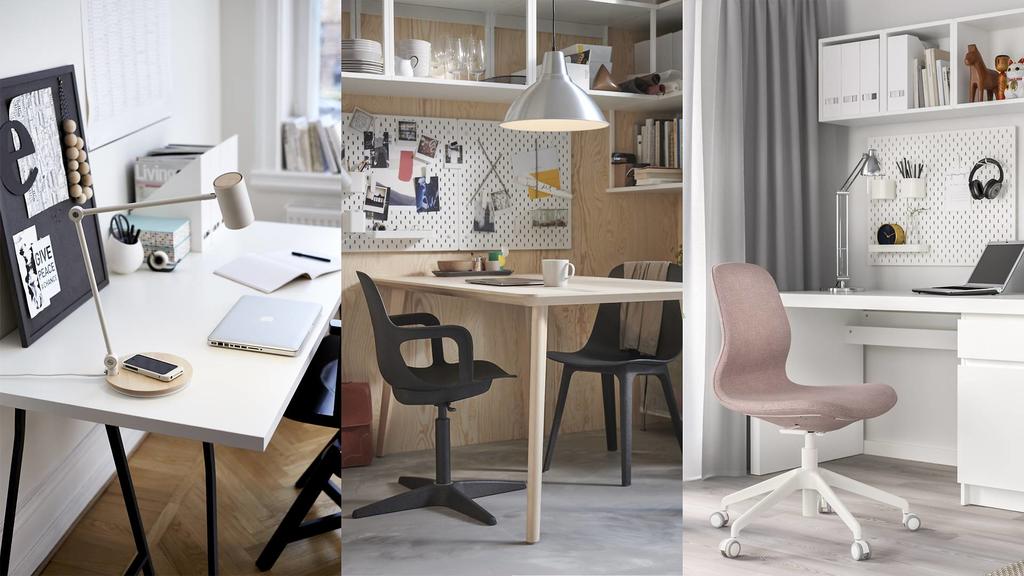You Do You: Build a Budget that Works
- By florian.glinserer
- •
- 19 Jun, 2019
- •
Create a Budget: 7 steps to a blissful, affordable life

With a tiny bit of planning and creativity, you can craft a budget that’s based on what you truly value and use your limited cash in a way that moves you closer to what’s important. More mindful spending means you can be happier and keep cash in your pocket. Here’s how to get started.
1. Determine your after-tax income.
Your after-tax income is how much money goes into your bank account on payday after taxes are subtracted. You can find this info on your pay stubs or by looking at your bank deposits from your employer(s). If you make your budget off of your gross income (how much you make pre-tax) you’re overshooting how much money you have to work with each month. Hint: You can also ask your Best Financial Friend, Charlie, about it. Just say: “Charlie, what is my income?”
2. Determine what you value.
Whether you want to plan a trip to Europe, try new restaurants, or save up for a car — taking time to evaluate your priorities will become the foundation of your budget. Here are a few questions to get you started.
Ask yourself:
- What do I want to do this week? This month? This year? In 5 years?
- Where am I spending money I don’t want to spend?
- What do I wish I could do more of?
- Do I have debt I need to pay off? What’s keeping me from paying it off?
- Do I have an emergency fund?
Consider everything:
- Where you live
- How you get around
- What you do for a living
- What you do when you’re not working
- Who you spend your time with
- What your goals are
- What causes are most dear to you
Jot down a list while you ponder these questions, ranking them in order of importance. Suppose you have two goals: one to travel to Europe and one to pay off your credit card debt. You might have the money to do both. But if you don’t, you’ll need to see which one ranks higher on the totem pole. Your ranking will tell you where your current priorities are, making your money choices far easier.
Reminder: Don’t worry if it seems like your ideal life is currently out of reach. Setting a budget and taking the time to consider your financial future are the first steps of creating the life you want.
3. Look at your current spending.
It’s impossible to effectively manage your money without knowing what you’re currently doing as a baseline. Take a peek at your bank statements, credit card bills and receipts from the last few months — and start building two lists with your spending habits.
The first list should have all the essential expenses: like your housing, groceries, utilities, transportation, medication, insurance, etc. Everything else will go in your second list: the not-so-essentials, like eating out, travel, shopping and entertainment. Depending on your priorities set in step 2, travel might be where you’re willing to spend more money versus eating out frequently and vice versa.
Hint: You can also have your favorite money-guru penguin help. Just ask: Charlie, what am I spending my money on?
4. Compare your list of expenses with your list of values.
Are they in harmony? Or is your spending out of whack with what’s most important to you? This should give you a good idea of where you need to adjust your current habits to be more in line with your ideal habits.
5. Cut out unnecessary and unfulfilling expenses.
Really value your makeup from Sephora and Netflix account? Make it work! Whether that means cutting out your daily morning latte (make it a once a week treat or bring your own!) or splitting a family Netflix account with friends, there are ways to trim the (spending) fat and focus on the things you really value.
6. Reduce necessary costs.
While you can’t avoid paying for necessary living expenses entirely, you can optimize them. Grocery shop in bulk (maybe avoid pricey grocery stores!), carpool with friends, take public transportation, shop at consignment stores — get creative!
7. Refine your budget and adapt over time.
Your income, living circumstances, and values will change constantly, so think of your budget as a living document, growing and adapting with you. Make a plan to periodically revisit your list of values and spending to ensure that they remain in lifelong alignment.
Final Thoughts
Despite its icky and mind-numbingly boring connotation, the word budget doesn’t mean dull drudgery or restriction. A budget is guidance that you give to yourself. It’s a decision-making tool, that, if crafted with your sincere values, will always lead you to make the most satisfying money choice available.
Share with your Charlie Friends: What is your favorite way to save money on necessary expenses? What fun thing do you value spending on the most?
Conclusion by Heidi Simpson
This is a budgetting guide that I thought some of you guys might like. Take a look and let me know your thoughts by email at service@maggicclean.com.au.

































